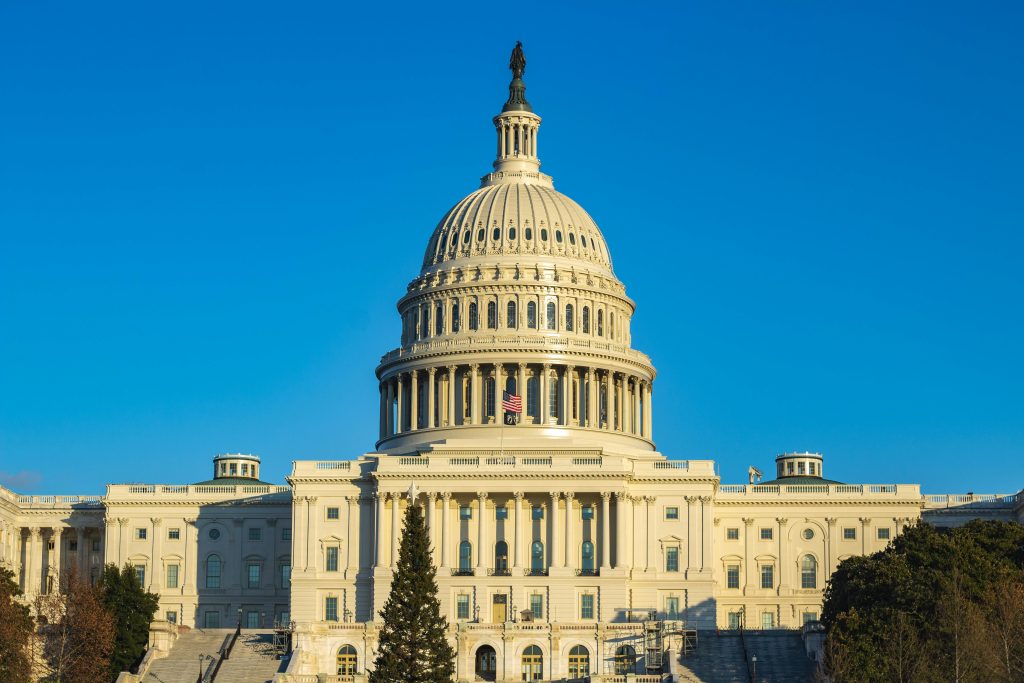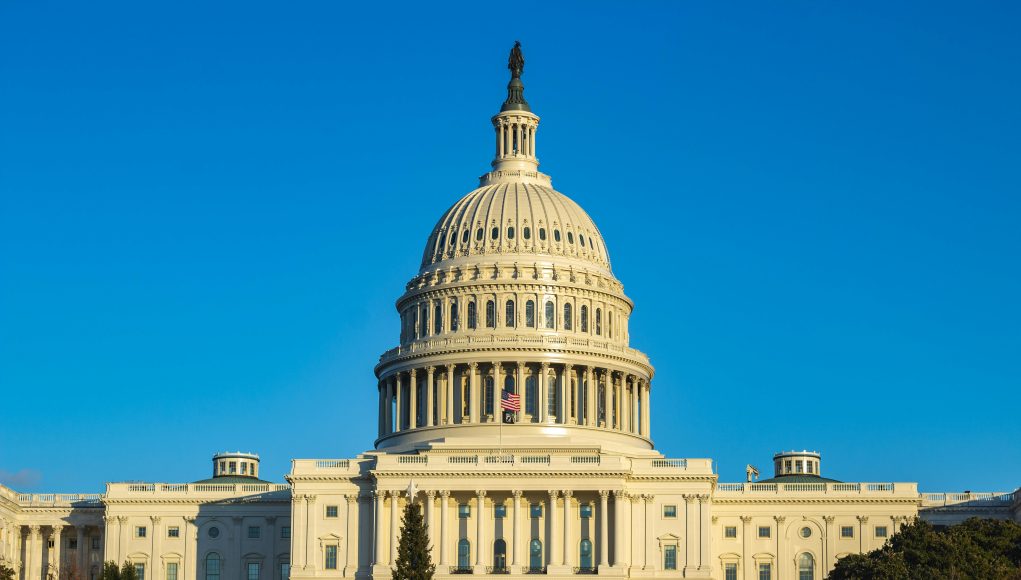
(Singapore, 11.11.2025)The U.S. Senate on Monday (Nov 10) approved a bipartisan compromise to end the longest government shutdown in U.S. history, clearing the path for federal agencies to resume operations as soon as midweek.
The 60-40 vote ended a 41-day stalemate that had paralyzed government operations, delayed food benefits for tens of millions of Americans, and left hundreds of thousands of federal workers unpaid. The bill now moves to the Republican-controlled House of Representatives, where Speaker Mike Johnson said he expects a swift vote, possibly by Wednesday. President Donald Trump has already endorsed the agreement, calling it “a very good deal.”
The measure would fund most federal agencies through January 30, while keeping others — including the Departments of Agriculture and Veterans Affairs, the Food and Drug Administration, and Congress — funded through September 30. It also guarantees back pay for furloughed federal employees and blocks any layoffs until the end of January.
The agreement halts Trump’s push to further shrink the federal workforce but does not include provisions to restrict his unilateral spending cuts, which have previously raised questions about executive overreach.
Democrats Divided Over Health Subsidies
The breakthrough came after eight centrist Democrats joined nearly all Republicans in supporting the deal — but at a cost that has split their party. In exchange for ending the shutdown, Democrats dropped their demand to immediately renew the Affordable Care Act subsidies, which are set to expire at the end of the year.
Instead, the Senate is expected to hold a separate vote in December on whether to extend those subsidies, which help about 24 million Americans afford health insurance. Progressive lawmakers and several Democratic governors sharply criticized the compromise, saying it surrenders leverage without securing tangible protections for health coverage.
“I think it’s a terrible mistake,” said Senator Elizabeth Warren of Massachusetts. “The American people want us to stand and fight for health care.”
California Governor Gavin Newsom called the deal “pathetic,” while Illinois Governor JB Pritzker described the promise of a future vote as an “empty gesture.”
Senate Democratic leader Chuck Schumer and House Democratic leader Hakeem Jeffries both voiced disappointment, warning that Republicans could renege on the December vote commitment.
Mounting Pressure to End Shutdown
The prolonged shutdown — which began on October 1 — had rippled through the economy. Air travel faced mounting disruptions due to unpaid controllers, and 42 million low-income Americans under the Supplemental Nutrition Assistance Program (SNAP) saw delays in food benefits. The bill extends SNAP funding through next September, ensuring continued support even if another shutdown occurs later in the fiscal year.
A Reuters/Ipsos poll in late October found that half of Americans blamed Republicans for the deadlock, compared with 43% who faulted Democrats. That public sentiment, combined with growing anger among unpaid federal employees, likely intensified pressure on both parties to reach a deal.
The compromise comes just a week after Democrats scored unexpected victories in state elections in New Jersey, Virginia, and New York City, boosting confidence ahead of 2026 congressional races. But the new deal has also exposed the party’s deep divide between moderates seeking pragmatism and progressives demanding confrontation with Trump’s agenda.
For Republicans, the agreement represents a tactical retreat that nonetheless avoids further economic and political damage. “It wasn’t going to happen,” said Senator Angus King, an independent who caucuses with Democrats. “We spent almost seven weeks on fruitless attempts to attach the Obamacare credits. At least now, government workers can get back to work.”
The House vote — expected within days — would send the bill to Trump for his signature, formally ending a shutdown that has already cost the economy billions and disrupted countless lives.
If approved, the deal would add roughly $1.8 trillion in annual spending to the federal budget, pushing the national debt past $38 trillion. Still, for millions of Americans waiting for food aid, paychecks, and stability, it marks a long-awaited relief — even if only temporary.





































